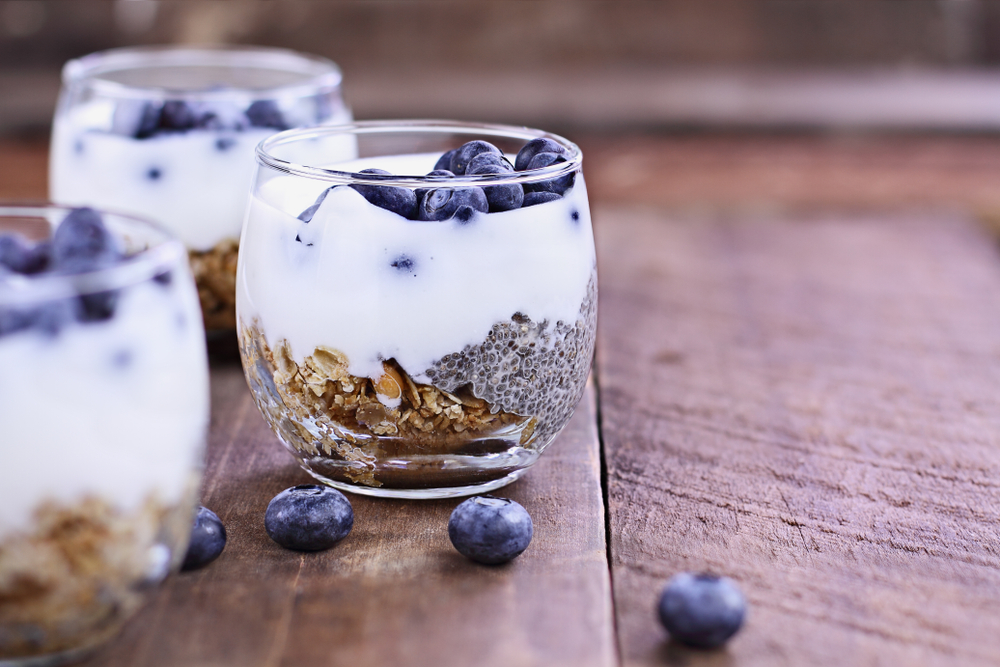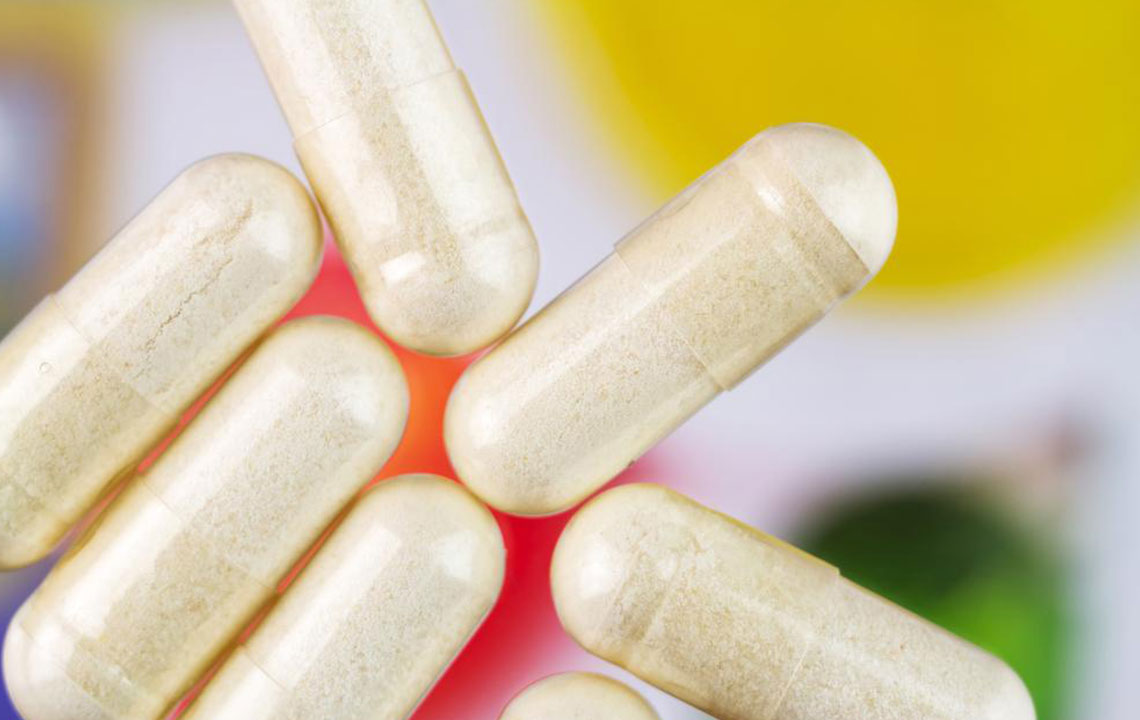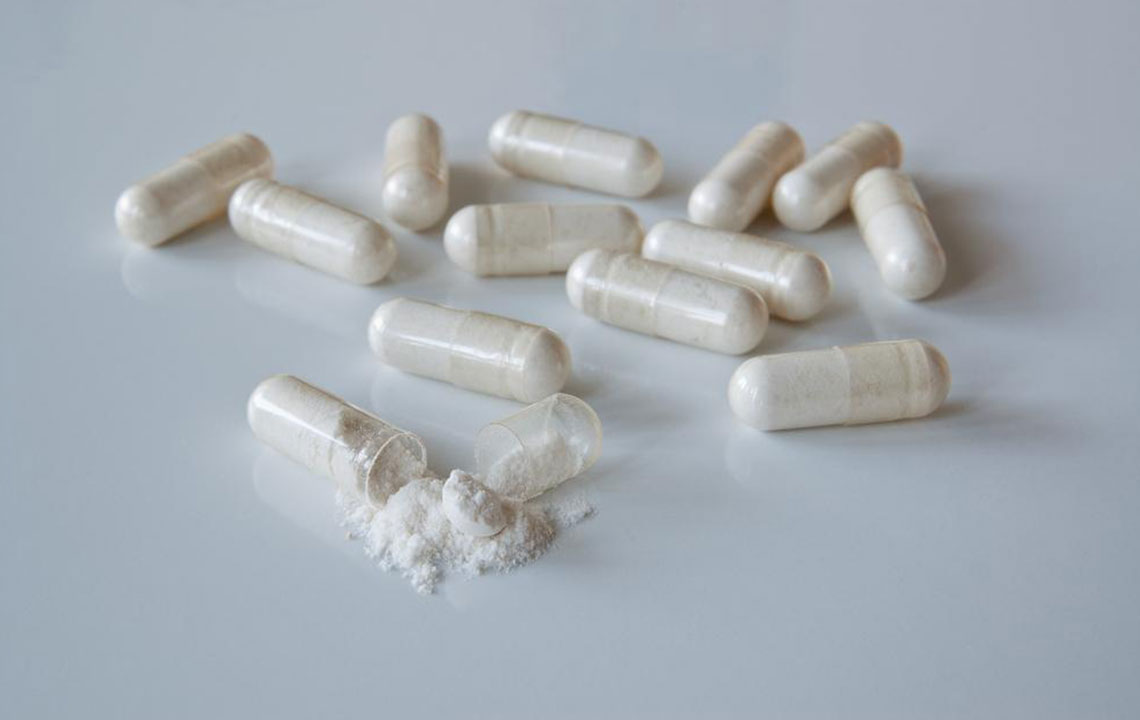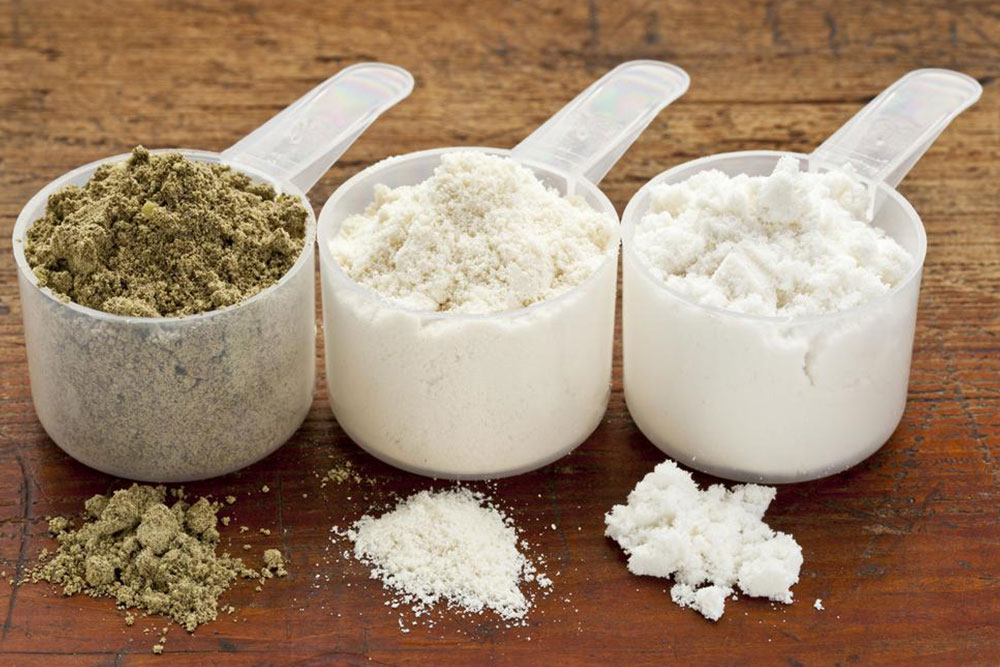Comprehensive Guide to Probiotics: Unlocking Their Role in Enhancing Your Health
This comprehensive guide delves into the world of probiotics, highlighting their crucial role in gut health, immune support, and disease prevention. It explores popular strains, product types, and tips for selecting effective formulations, empowering you to make informed choices for optimal well-being. Discover how probiotics can transform your health and the importance of maintaining microbial balance for longevity and vitality.

Comprehensive Guide to Probiotics: Unlocking Their Role in Enhancing Your Health
Explore the vital role of probiotics in maintaining and promoting optimal health
Many people have a misconception that all microorganisms and bacteria are harmful, mistakenly associating them solely with disease and discomfort. In reality, microorganisms are among the oldest and most resilient life forms on Earth. They are omnipresent both inside and outside our bodies, forming complex ecosystems that are essential for our well-being. While some microbes can cause illnesses, a vast majority are beneficial and critical for health maintenance. These microscopic organisms, including bacteria and yeast, number in the trillions living within us, and recent scientific research indicates that our bodies contain approximately three times more non-human cells than human cells.
Beneficial bacteria and yeast are multi-functional, contributing significantly to our overall health and immune system. When the natural balance of these microbes is disrupted—either through poor diet, antibiotic use, stress, or illness—imbalances or overgrowths can result, leading to inflammation, gastrointestinal issues, and a weakened immune response. Consuming probiotics—live beneficial microorganisms—can help restore and maintain a healthy microbial balance, thus supporting disease prevention and health optimization. Here's an in-depth look into the most important aspects of probiotics, their types, strains, and how to select the best options for your health:
What Are Probiotics?
The core concentration of beneficial bacteria resides in our gastrointestinal tract, particularly the gut, which develops naturally during childbirth and breastfeeding, and continues to evolve throughout our lives.
Humans and these beneficial bacteria share a close, mutualistic relationship that is crucial for digestive health and overall immune function.
These microbes play an essential role in breaking down dietary fiber into digestible fatty acids, which supply energy to cells lining the gut and support metabolic health.
They are involved in the synthesis of vitamins such as B vitamins and vitamin K, as well as steroid metabolism, contributing to hormonal balance and cellular functions.
Disruptions in gut microflora—often caused by antibiotics, poor diet, or stress—can lead to inflammation, autoimmune conditions, and immune system dysregulation.
Smart probiotic intake—through diet or supplements—supports the natural ability of your gut to maintain a balanced, healthy microbial community, which is vital for digestion, immunity, mental health, and even skin condition.
Probiotic products typically contain live bacteria or yeast strains that colonize your gut or other parts of your body, actively fighting off pathogenic microbes and supporting overall health.
Popular and Proven Probiotic Strains
Research into the diversity of gut microbes continues rapidly, but the two most significant and well-studied genera are Lactobacillus and Bifidobacterium.
Lactobacillus strains are known for promoting vaginal health, enhancing digestion, alleviating skin conditions, and reducing systemic inflammation.
Bifidobacterium strains have been shown to boost immune responses, aid digestion, fight aging-related signs, and help manage gastrointestinal conditions like IBS and constipation.
Additional strains such as Streptococcus contribute to gut integrity and skin health, providing extra benefits depending on specific microbial profiles.
Specific strains noted for their health benefits include Lactobacillus acidophilus—improves dairy digestion— Bifidobacterium longum—detoxifies harmful substances—and Bifidobacterium bifidum—which helps break down carbs, proteins, and fats, especially advantageous for older adults.
Other beneficial strains like Lactobacillus rhamnosus are particularly effective in preventing and treating travel-related stomach disturbances, while Lactobacillus fermentum plays a role in neutralizing harmful digestion byproducts and maintaining gut integrity.
Types of Probiotic Products
Fermented dairy products, including probiotic yogurt, kefir, buttermilk, and aged cheeses, are among the most popular sources of beneficial bacteria. These are available in both fresh and processed forms, and their probiotic content can vary based on fermentation and storage conditions.
Natural fermented foods such as kimchi, sauerkraut, miso, and certain types of cheese contain live bacteria and yeast, offering a traditional, food-based approach to harnessing probiotics.
Non-dairy probiotic options are increasingly popular, including snack bars, cereals, and drinks specifically enriched with beneficial microbes, catering to lactose intolerant and vegan populations.
For convenience and targeted delivery, probiotic supplements are available in capsule, liquid, or powder forms. These supplements often contain concentrated strains designed for specific health benefits like digestive support, immune boosting, or skin health.
How to Choose the Right Probiotic for You
With a multitude of probiotic products available in the market, selecting the most effective one can be daunting. Here are some helpful tips to guide your choice:
Always purchase probiotics from reputable brands that certify quality control and third-party testing to ensure product potency and safety.
Check the expiration date on the packaging, as the efficacy of probiotics depends on live bacteria surviving until consumption. Dead microbes are ineffective in providing health benefits.
Opt for formulations with controlled-release technology or enteric-coated capsules to improve bacterial survival passing through stomach acid and reaching the intestines.
Prioritize food-based probiotics like yogurt, kefir, fermented vegetables, and naturally fermented products, which tend to be both effective and enjoyable to consume.
Consult healthcare professionals to identify strains and formulations tailored to your specific health concerns, such as digestive issues, immune deficiencies, or skin conditions. Personalized advice ensures better results and avoids unnecessary supplementation.
In summary, probiotics are a promising, scientifically-supported method to enhance overall health, support immunity, and maintain a balanced gut microbiota. Whether through diet or supplements, choosing the right strains and formulations can provide significant health benefits and contribute to a longer, healthier life.





